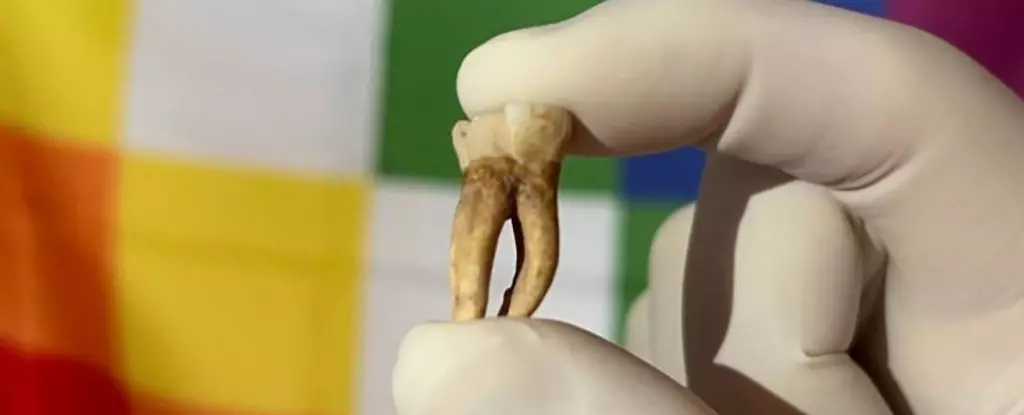The narrative surrounding leprosy, a disease that has haunted humanity for centuries, takes on a new dimension with recent findings challenging long-held assumptions. Traditionally, historians attributed the introduction of leprosy to European settlers colonizing the Americas; however, emerging research reveals a more intricate and disturbing reality. The story unfolds like a dark tapestry woven from the threads of our own past, begging us to reconsider the impact of colonial activities and the historical narrative that surrounds Indigenous peoples. This transformation in our understanding is more than just a medical revelation—it is an indictment of the simplistic ways we have often framed our history.
Unearthing the Past
Researchers have unearthed compelling evidence that leprosy, facilitated by the bacterium Mycobacterium leprae, may have already been plaguing Indigenous populations long before Europeans set foot on the continent. While it was thought that M. leprae arrived with European settlers, a lesser-known strain, Mycobacterium lepromatosis, was already rampant among Indigenous communities thousands of years ago. The findings, a culmination of rigorous DNA analysis from ancient remains across Canada and Argentina, demonstrate that a form of leprosy was endemic long before colonization began. The implications of this discovery are profound; historians must now parse through a more complex diagnosis of the effects of colonization.
Examining the Evidence
A team of international researchers meticulously analyzed 389 ancient and 408 modern samples of human DNA, piecing together a genetic family tree that traces the evolution of leprosy bacteria. The startling conclusion is that Mycobacterium lepromatosis has been present in the Americas for at least a millennium, exhibiting genetic similarities between samples from disparate regions. This suggests not just a disease but an extensive historical narrative interwoven with the lives and struggles of Indigenous peoples.
The appearance of an ancient form of leprosy opens up a dialogue about the diversity of diseases within Indigenous populations and the environmental conditions that may have facilitated its spread. This research also challenges us to confront a complex web of narratives about Indigenous health prior to European contact, allowing us to recognize that these communities faced their own battles long before colonialism introduced an array of new pathogens.
The Role of Indigenous Knowledge
For Indigenous communities navigating the preservation of ancestral remains, this study serves as a poignant reminder of the need for partnerships in scientific research. By involving these communities in the process, researchers respect historical legacies and the voices of those who have been marginalized. The significance of working alongside Indigenous peoples cannot be overstated; it is a crucial step in rewriting history and recognizing the rightful place of Indigenous knowledge and experience in scientific discourse.
As we delve deeper into the implications of this research, it becomes evident that the historical narrative of disease cannot be disentangled from the experiences of colonization. This intricacy enriches our understanding of how modern diseases have evolved through centuries of human interaction, and how they impact marginalized communities today.
Lessons for Modern Epidemiology
Interestingly, the study not only sheds light on the past but also provides invaluable insights for contemporary public health strategies. With approximately 200,000 new leprosy cases reported yearly across the globe, the research underscores the importance of historical context in tackling modern infectious diseases. It becomes a wake-up call to researchers and policymakers alike, emphasizing the role of ancient and modern DNA analysis in rewriting the narratives of human pathogens and understanding their epidemiology today.
In this light, as we absorb the findings of this landmark study, we must confront the uncomfortable truths about our past and their lingering effects on present-day health disparities. The complexities of disease histories are inextricably linked to colonial histories; addressing these will not only enrich our understanding but inform our responses to health challenges in a culturally sensitive and equitable fashion.
This groundbreaking study is not merely an academic triumph; it represents the hope for a future where we honor the past while navigating the intricacies of health and disease in a world forever transformed by human interaction. The echoes of history are loud, and it is time we truly listened.


Leave a Reply